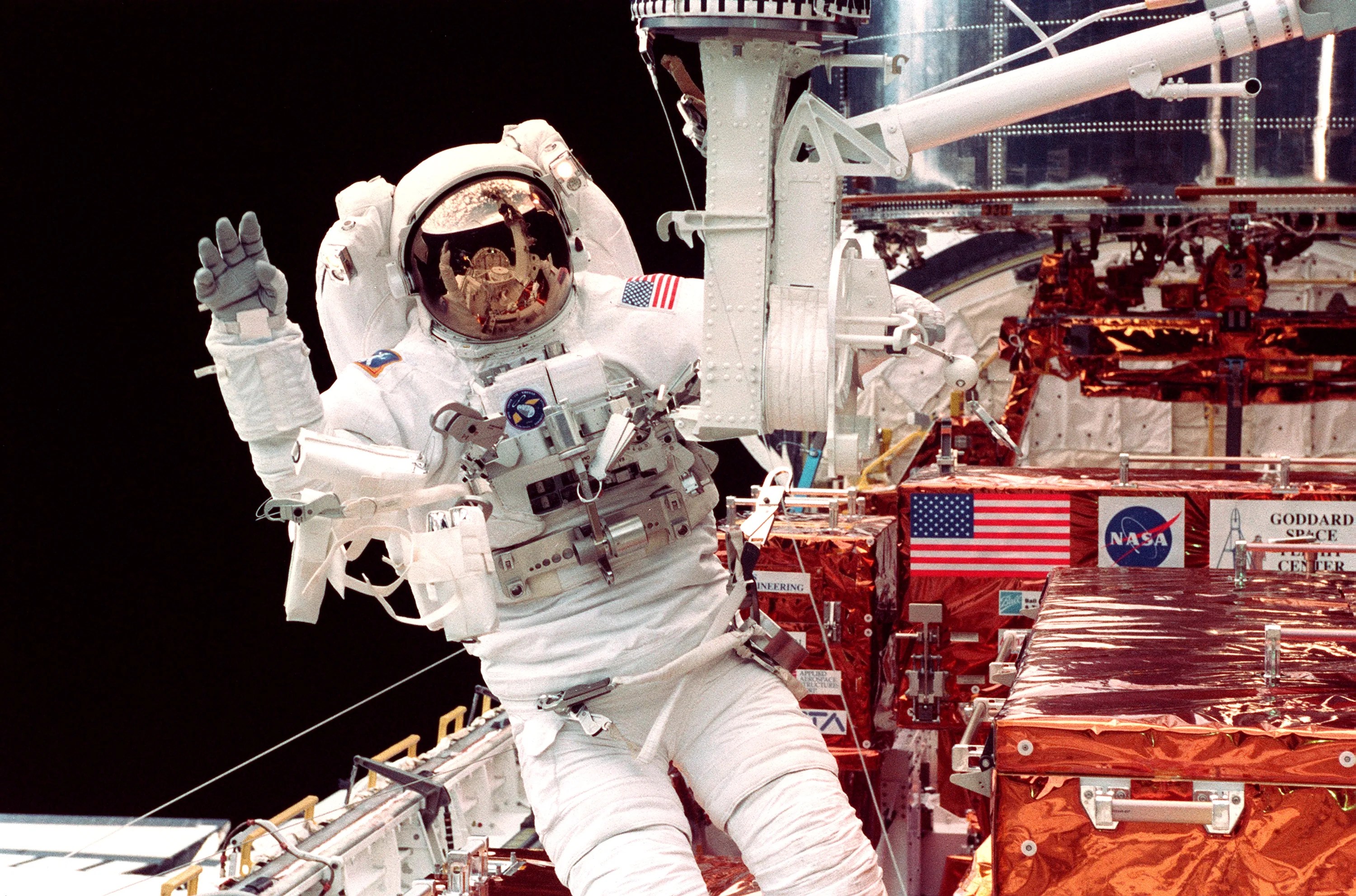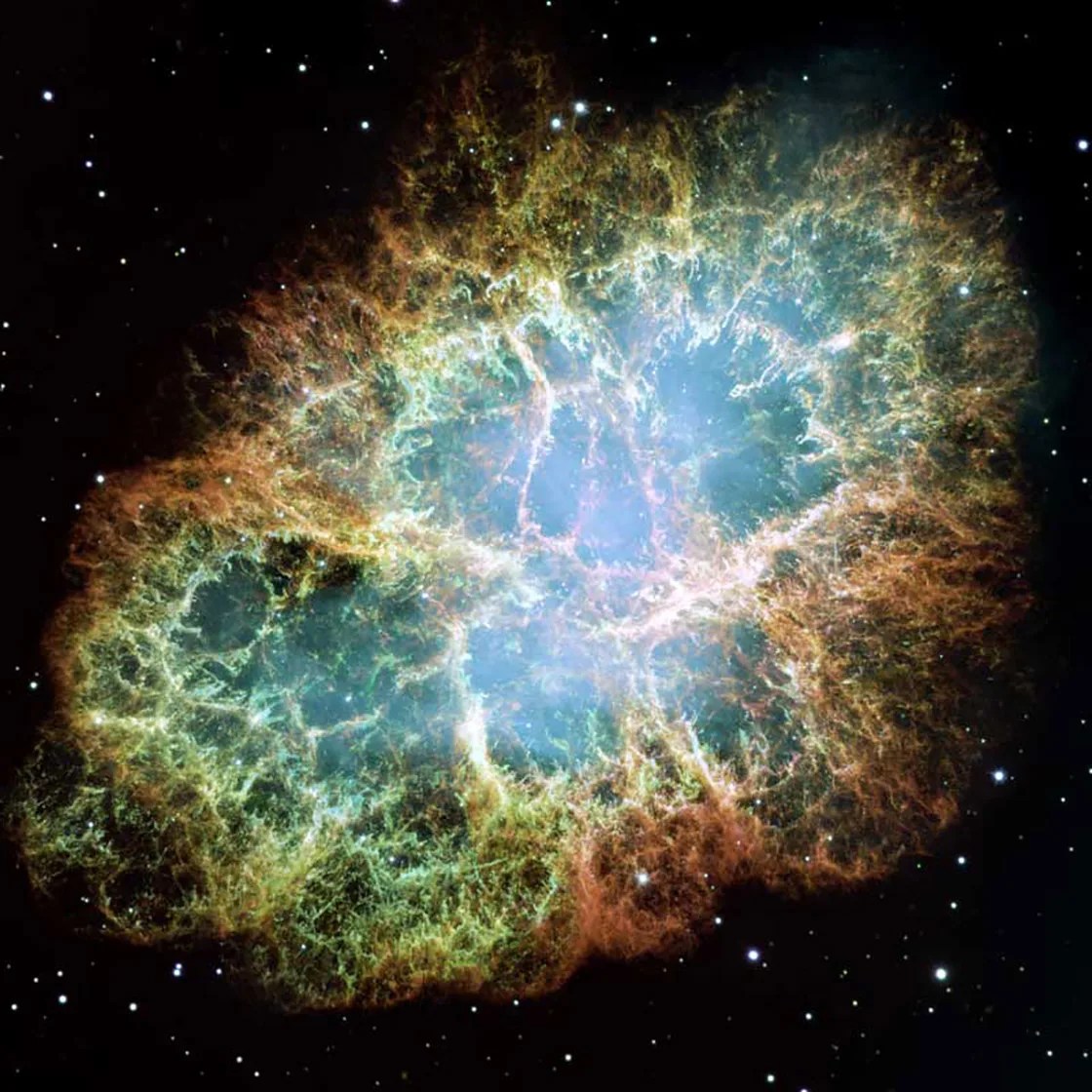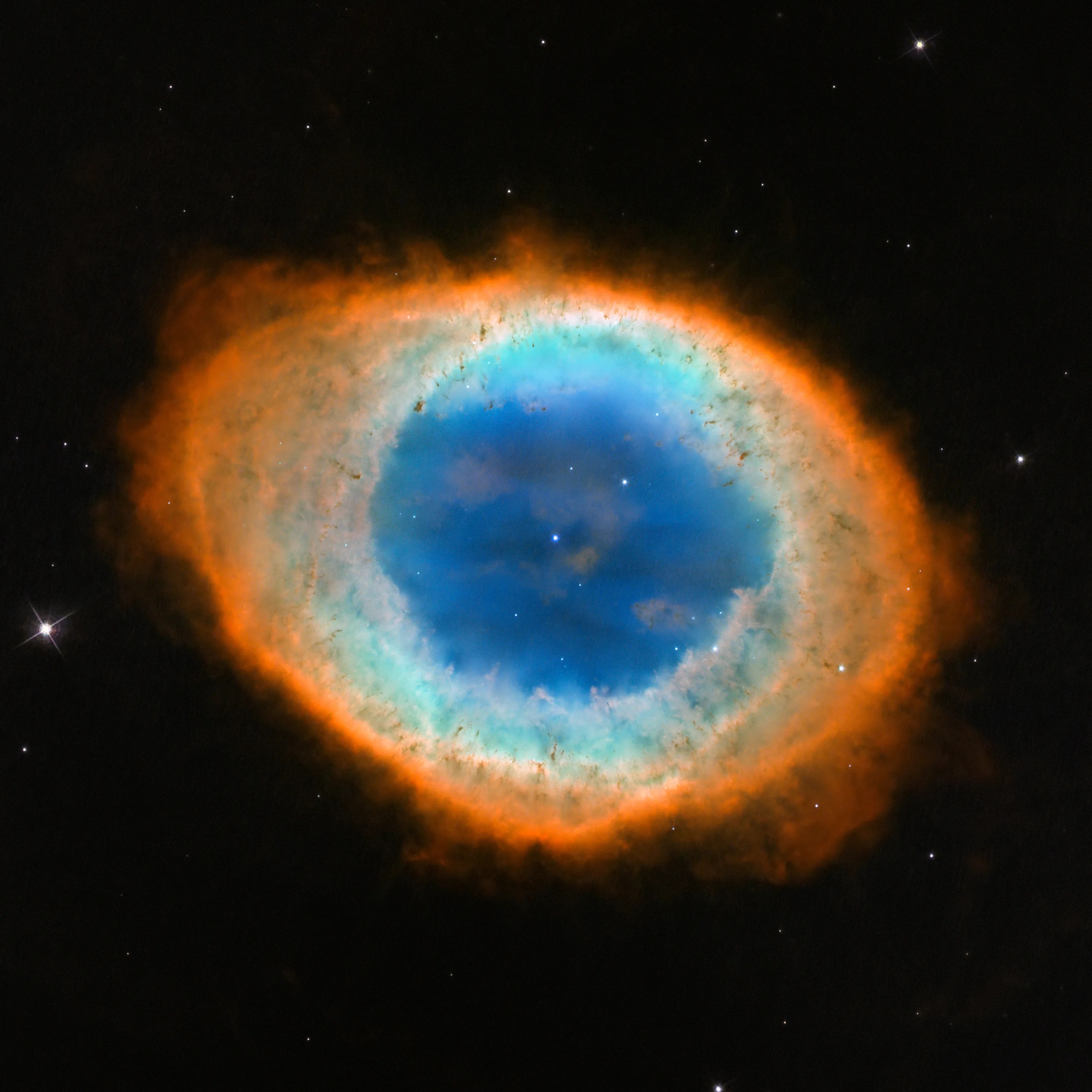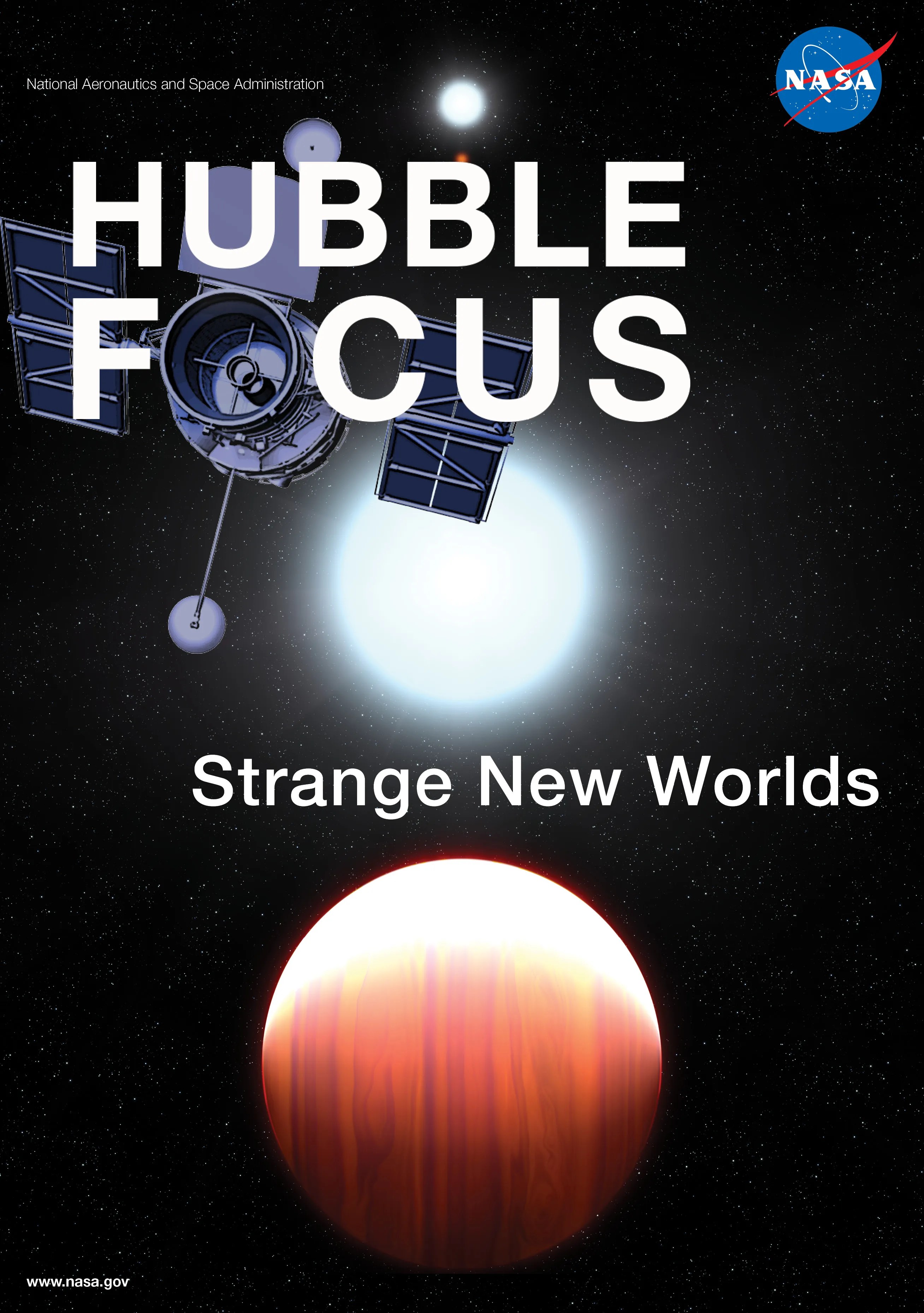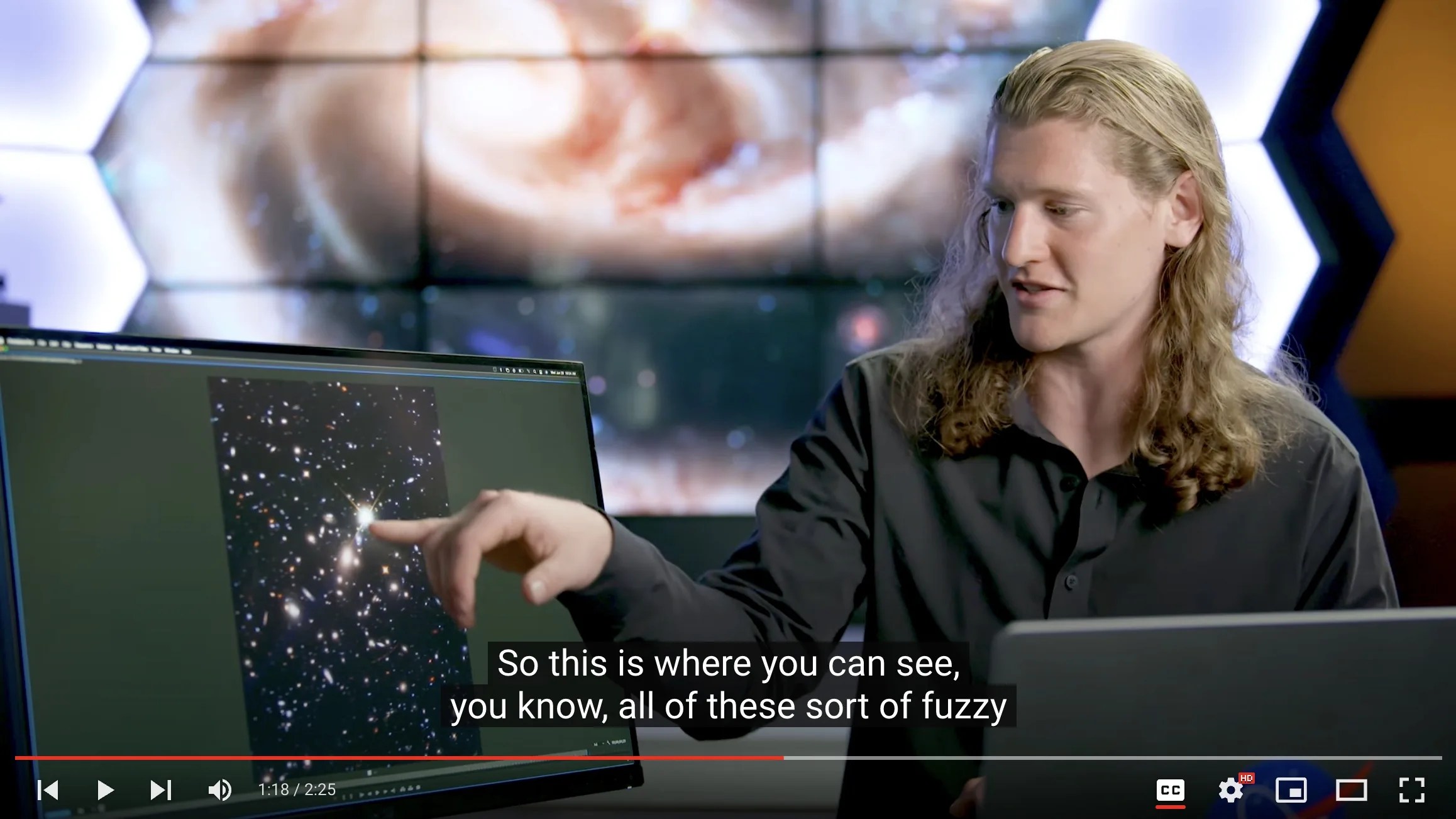Not Yet Imagined: A Study of Hubble Space Telescope Operations
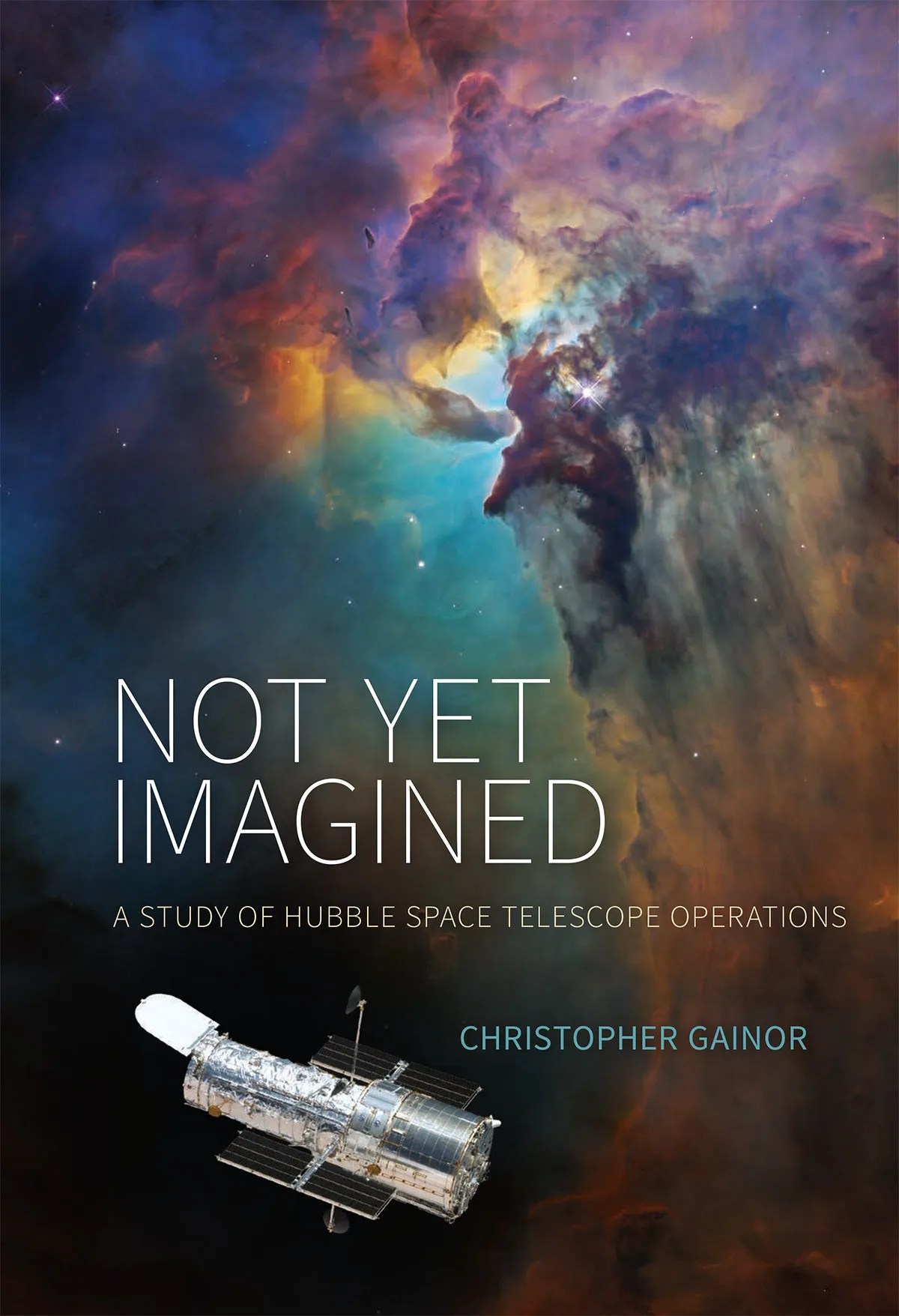
By Christopher Gainor
The Hubble Space Telescope is the most famous astronomical instrument of its time and one of the best-known robotic vehicles ever put into space. Its launch and deployment into low-Earth orbit from the Space Shuttle Discovery in April 1990 appeared to fulfill the plans and dreams of astronomers since the beginnings of space exploration to place a telescope beyond the distorting effects of Earth’s atmosphere.
The first images from Hubble contained a stunning surprise – the space telescope’s main mirror had been precisely ground to the wrong shape. Although Hubble’s images were still superior to anything available from ground-based telescopes, the Hubble Telescope instantly became a byword for incompetence.
With the future of NASA on the line, scientists and engineers devised fixes for the spherical aberration afflicting Hubble, and astronauts flying on the first of five servicing missions to Hubble installed new instruments that restored the Space Telescope’s capabilities to those promised when it was launched. Within weeks, Hubble produced the breathtaking images and other data that astronomers and the public had long anticipated, and soon Hubble shed its former image as it became a symbol of American technological and scientific prowess.
Not Yet Imagined documents the history of Hubble from its launch through its first 30 years of operation in space. It focuses on the interactions among the general public, astronomers, engineers, government officials, and members of Congress during that time. The decision-making behind the changes in Hubble’s instrument packages on servicing missions that made Hubble a model of supranational cooperation amongst scientists is chronicled, along with Hubble’s contributions to our knowledge about our solar system, our galaxy, and our universe. This book also covers the impact of Hubble and the images it produces on the public’s appreciation for the universe, and how Hubble has changed the ways astronomy is done.
Since the time of publication, some e-reader platforms have changed their file specifications, limiting file size, image, and video capabilities. If you have problems with the EPUB version, we suggest trying the more widely compatible PDF version.

